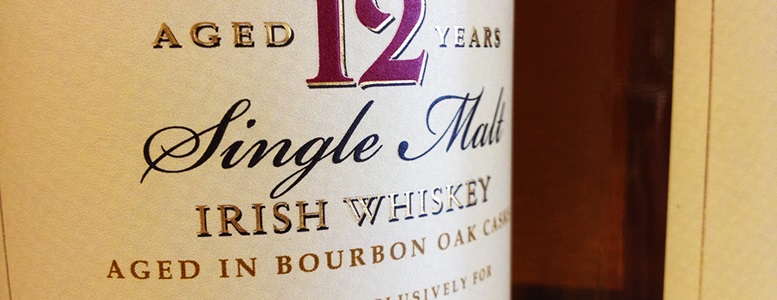
Whiskey is a spirit that is distilled from fermented grain mash, just as brandy is distilled from fermented fruit mash or fruit juice, and tequila from fermented agave juice. Although grain distillation dates back millennia, whiskey production rose to prominence in Renaissance Europe, especially the British Isles, where grains and beer were more accessible than grapes and wine, and then to colonial America. Accordingly, Ireland and Scotland—as well as Canada, Kentucky and Tennessee—are known for distinctive varieties of whiskey. Premium, aged whiskies are often consumed neat, over ice if desired.
Know the Label
These terms commonly appear on whiskey labels. For more information, please ask that staff at your Virginia ABC store.
Cask
Hand-selected
whisky
Cocktail Conversation
The term "whiskey" is derived in English from the Gaelic or Scottish term "uisge beatha," which means water of life.

Spirited Virginia is your guide to new products, creative cocktails, in-store tastings, promotions and what's hot in the world of spirits and entertaining (21 or older).
Social Media
Follow Spirited Virginia on Facebook.
Quarterly Magazine

Read it online or pick up a free copy at your local Virginia ABC store. View all issues.
e-Newsletter
Sign up for the Spirited Virginia e-newsletter to stay informed about the latest news about products.
Sip Responsibly
Virginia ABC empowers its customers to make mindful choices about alcohol. Browse our Sip Responsibly section for information and resources to keep Virginians safe and healthy.


